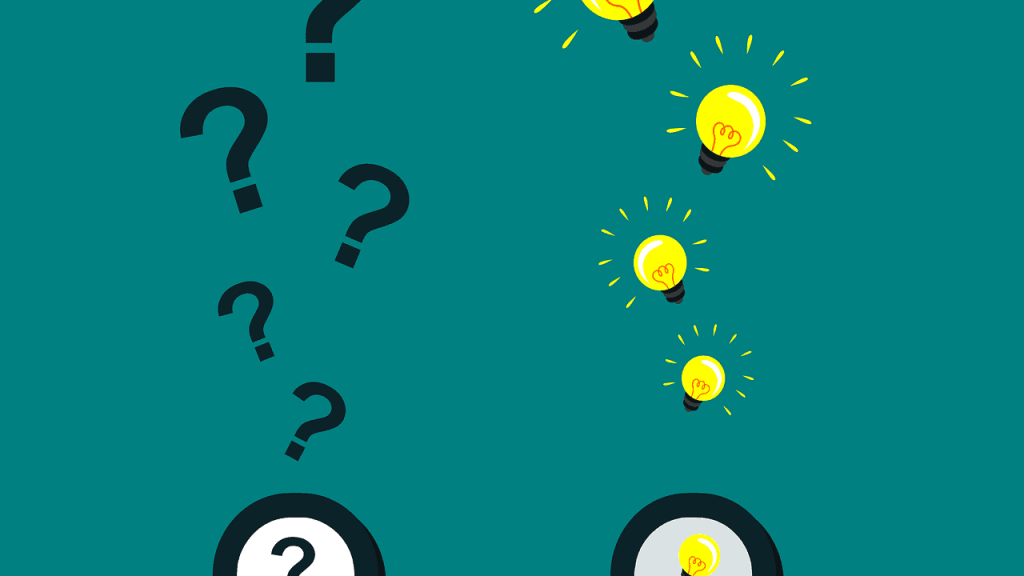The Supplemental Nutrition Assistance Program (SNAP), often called food stamps, helps people with low incomes buy groceries. It’s designed to make sure everyone has enough to eat. But what happens when people try to turn their food assistance into cash by selling their benefits? The question of “Is selling food stamps illegal?” is a serious one, and the answer is pretty clear. Let’s dive in and explore the rules and the reasons behind them.
The Simple Answer: Yes, Selling Food Stamps is Illegal
Yes, selling food stamps, or SNAP benefits, for cash or anything else is against the law. It’s considered a form of fraud, and the government takes it very seriously. Think of it this way: those benefits are meant to help people buy food. When someone sells them, they’re taking something that’s supposed to help them eat and using it for something else, like paying bills or buying non-food items. This misuse of funds hurts the program and the people it’s supposed to help.

Why is Selling Food Stamps Illegal? The Goals of SNAP
The core goal of SNAP is simple: to fight hunger and help people afford enough nutritious food. When food stamps are sold, they don’t achieve that goal. Instead, they create a situation where:
- People who need food may not get it.
- The program’s resources are misused.
- The integrity of the program is damaged.
SNAP isn’t just about handing out money; it’s about supporting families and individuals, and making sure they can get the food they need. Selling the benefits undermines this intention. It diverts resources away from their intended purpose and also can contribute to other problems.
Moreover, the law is set up to prevent fraud. The funds in the SNAP system are intended to be used at specific retailers, and the rules are there to ensure fair practices and discourage the sale of these benefits. It also helps that those in need get what they’re supposed to be getting.
Consequences for Selling Food Stamps
The Impact of Breaking the Law
If someone is caught selling their food stamps, they can face some serious consequences. This can vary depending on how much was sold and if it’s a first offense. Here are some things that can happen:
- Loss of Benefits: The person’s SNAP benefits can be taken away for a period of time. This can be for several months, or even permanently.
- Fines: They might have to pay a fine. The amount of the fine depends on the value of the benefits sold and if there’s a history.
- Jail Time: In more serious cases, especially involving large amounts of money, jail time is a possibility.
- Criminal Record: A conviction can create a criminal record, which can make it difficult to get a job, housing, or even other government assistance.
These repercussions show that selling food stamps isn’t a minor issue. It’s a violation of the law that can have long-lasting negative effects on a person’s life.
Who Enforces the Rules About Food Stamps?
Several agencies are involved in enforcing the rules around SNAP, including the USDA, local law enforcement, and fraud investigation units. The USDA (United States Department of Agriculture) oversees the program at the federal level. They provide the guidelines and regulations.
State and local agencies are also involved in the process. Here is a table of what each one does:
| Agency | Role |
|---|---|
| USDA | Sets federal guidelines. |
| State Agencies | Issue benefits and manage the programs. |
| Local Law Enforcement | Investigate and prosecute violations. |
Law enforcement agencies, like the police and fraud units, investigate potential violations. They can launch investigations, gather evidence, and make arrests if they believe a crime has been committed. This cooperative approach helps ensure that the program is properly managed and that those who break the rules are held accountable.
What Are Some Common Scenarios of Food Stamp Fraud?
Selling food stamps for cash is one type of fraud, but there are other ways people try to cheat the system. Understanding these scenarios helps us see how important it is to follow the rules.
- Selling Benefits: This involves selling food stamps for money or other items.
- Trading Benefits for Non-Food Items: Using benefits to purchase items that are not food items.
- Using Someone Else’s Benefits: Using someone else’s EBT card to purchase items.
- Reporting False Information: Providing wrong information to get benefits.
The rules are there to protect the system and prevent fraud from happening. When people follow these rules, they are making sure that the program runs fairly and that people who need food assistance can actually receive it.
In conclusion, selling food stamps is illegal and has consequences. The laws are in place to protect the integrity of the SNAP program and ensure that it fulfills its mission of helping people get enough food. Understanding the rules, the reasons behind them, and the potential consequences helps us see how important it is to use these benefits correctly. It’s not just about following the rules; it’s about supporting a program that aims to help those in need.